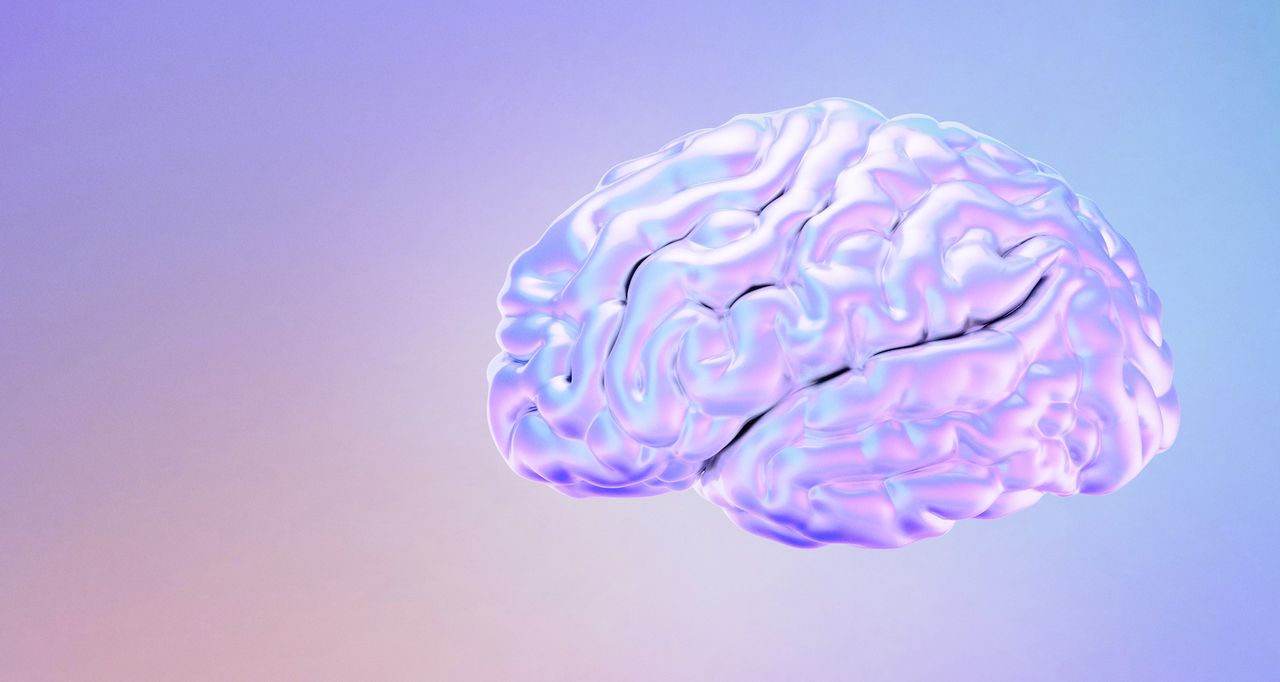Menopause and the brain: turns out it’s not so bad
A new study suggests that menopause doesn’t lead to permanent brain fog


Do you ever worry about how menopause can affect your brain? Symptoms such as brain fog get talked about a lot, but a new study has revealed that women eventually adapt to many of the changes.
“Our study suggests that the brain has the ability to find a new normal after menopause in most women,” said lead author Lisa Mosconi.
The research, from Weill Cornell and the University of Arizona, showed that a woman’s brain structure, energy consumption and connectivity are all affected during menopause. While that might sound alarming, the good news is that it's mainly temporary. The professionals believe increased blood flow and the production of ATP (a molecule that acts as an energy source for cells) will compensate for those changes.
Dr Jessica Caldwell, director of the Women’s Alzheimer’s Movement Prevention Center at Cleveland Clinic, revealed that women’s brains are “actually coming to somewhat similar levels in terms of structure and function post-menopause as they had pre-menopause.”
More from woman&home:
• The best running shoes for all types of workout
• The best leggings for style, comfort and exercise
• The best thick yoga mats for those difficult poses
There is an area of caution, though. The findings indicated that women with a higher risk of developing Alzheimer’s disease (because of a genetic variant) accumulated more of a protein called amyloid beta during perimenopause than women without this genetic variant. Plaques of the amyloid beta protein are often linked to the development of Alzheimer’s.
Sign up for the woman&home newsletter
Sign up to our free daily email for the latest royal and entertainment news, interesting opinion, expert advice on styling and beauty trends, and no-nonsense guides to the health and wellness questions you want answered.
While that's not the best news, the research does lend itself to uncovering more reasons why certain health issues arise in women as they age.
“This research could show why women with risk [for Alzheimer’s] do then show significant and potentially more rapid decline than men after a certain point,” Dr Cadwell stated.
There is currently not much information about how menopausal changes affect women's health later in life, but more research is being conducted all the time.
You can read the study in full on Scientific Reports. If you are experiencing menopause, you may also find menopause apps and books such as The Shift by Sam Baker helpful. Plus, w&h can advise you on many other issues, such as treating menopausal acne, and finding the appropriate menopausal supplements.
Danielle is a writer for woman&home and My Imperfect Life, where she particularly enjoys covering lifestyle and entertainment news. She was previously the editor of Time Out New York Kids and a news editor at Elite Daily. When she's not working, you can find her reading a good book and enjoying a cup of coffee. Follow her @dvwrites.
-
 Zara Tindall is bang on trend in deep pistachio and leather accessories at Cheltenham
Zara Tindall is bang on trend in deep pistachio and leather accessories at CheltenhamZara Tindall just wore one of the biggest colours for spring/summer 2025 at Cheltenham and it worked so well with her staple accessories
By Emma Shacklock Published
-
 Cat Deeley's streamlined skinny jeans look is exactly why they'll never truly be out of style
Cat Deeley's streamlined skinny jeans look is exactly why they'll never truly be out of styleCat Deeley is a fan of skinny jeans and her way of wearing them shows how sleek and sophisticated they can be
By Emma Shacklock Published
